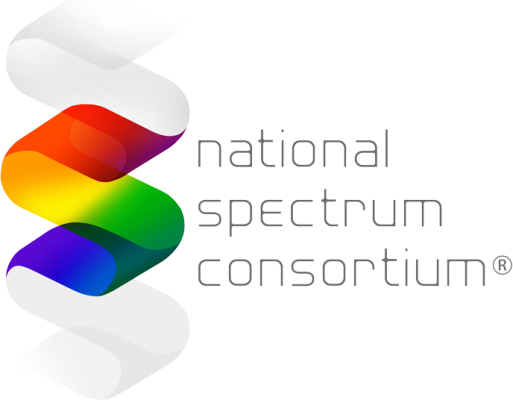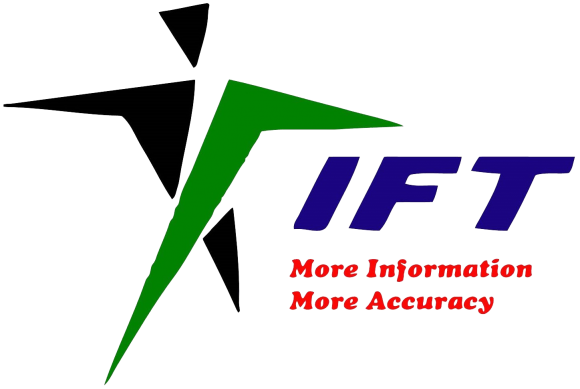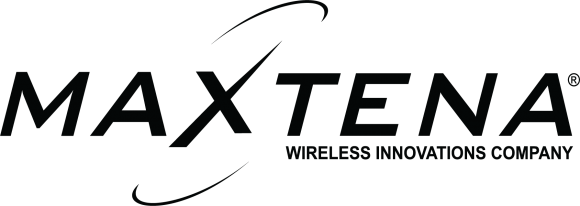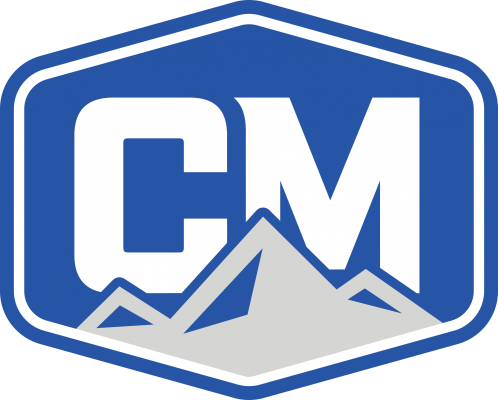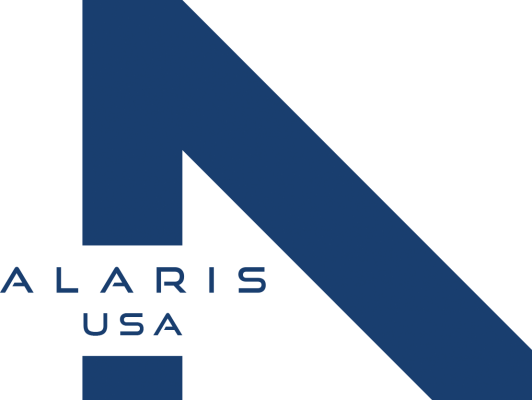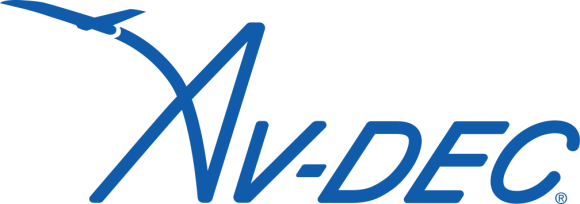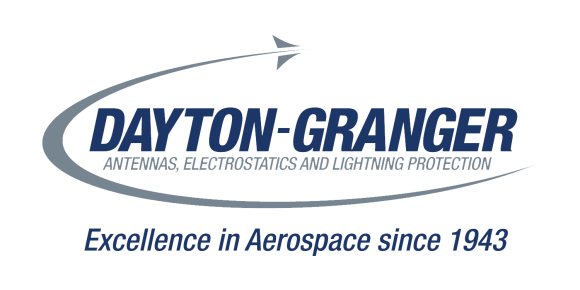The 2022 MILCOM conference has inaugurated a Young Scholar Workshop that aims to encourage student researchers to join the MILCOM community early in their career. Student-authored papers will be presented in a poster session and networking event at the conference.
This event will be held in the Main Foyer/Lobby Level on Wednesday, November 30, 2022
16:00 – 18:00.
This event will be a poster networking event with our Young Scholars. Below, is a list of poster presentations:
Federated Learning-Based Jamming Detection for Distributed Tactical Wireless Networks
Aida Meftah (École de Technologie Supérieure (ÉTS), Canada); Georges Kaddoum (ETS Engineering School, University of Québec, Canada); Tri Nhu Do (École de Technologie Supérieure (ÉTS), Canada); Chamseddine Talhi (Ecole de Technologie Superieure, Canada)
A Robust Self-Synchronized Quantum Key Distribution Protocol
Austin Bristow and Kwang-Cheng Chen (University of South Florida, USA)
Securing Software Updates Under Receiver Radio Frequency Geolocation Risk
Blake A Hayden, Matthew Sweeney and Britta Hale (Naval Postgraduate School, USA)
Improving Quality of Service in a Mesh Network Using Age of Information
Frederick Chache (The Pennsylvania State University, USA & Arcfield, USA); Sean Maxon (United States Naval Research Laboratory, USA); Ram M Narayanan (Pennsylvania State University, USA); Ramesh Bharadwaj (US Naval Research Laboratory, USA)
Deep Learning-Based Interference Detection and Classification for LPI/LPD Radar Systems
Hamda Bouzabia (Ecole de Technologie Superieure, Canada); Georges Kaddoum (ETS Engineering School, University of Québec, Canada); Tri Nhu Do (École de Technologie Supérieure (ÉTS), Canada)
Secrecy Rate of Relay and Intelligent Reflecting Surface Antenna-Assisted MIMO
Zachary T Minson (Wichita State University, USA); Hyuck Kwon (1845 N. Fairmount Ave, USA & Wichita State University, USA)
NOMA-Assisted QoS-Aware Hybrid Narrowband/Wideband Waveform for Software Defined Radio
Muhammad Zeeshan (South East Technological University, Ireland); Kashif Shahzad (NUST College of EME, Pakistan); Muhammad Umar Farooq (National University of Sciences and Technology, Pakistan)
An Opportunistic Scheme for Low Probability of Detection Communication
Kennedy A Lee and John R Barry (Georgia Institute of Technology, USA)
Image Authentication Using Self-Supervised Learning to Detect Manipulation Over Social Network Platforms
Mohammed Alkhowaiter (University of Central Florida, USA); Khalid Almubarak (Prince Sattam Bin Abdulaziz University, Saudi Arabia); Mnassar Alyami, Abdulmajeed Alghamdi and Cliff Zou (University of Central Florida, USA)
Commercial Space Risk Framework Assessing the Satellite Ground Station Security Landscape for NATO in the Arctic and High North
Nicolò Boschetti and Nathaniel Gordon (Johns Hopkins University, USA); Johan Sigholm (Swedish Defence University, Sweden); Gregory Falco (Johns Hopkins University, USA)
Integrating Human Intelligence to Bypass Information Asymmetry in Procurement Decision-Making
Peter Caven, Shakthidhar Reddy Gopavaram and L Jean Camp (Indiana University, USA)
Performance Comparison of OTFS and MC-CDMA With Channel Estimation and Power Back-Off
S Sruti and K Giridhar (Indian Institute of Technology, Madras, India); Kolliboina Sai Teja (Indian Institute of Technology Madras, India)
NDNSD: Service Publishing and Discovery in NDN
Saurab Dulal (The University of Memphis, USA); Lan Wang (University of Memphis, USA)
Blockage Prediction for Mobile UE in RIS-Assisted Wireless Networks: A Deep Learning Approach
Shakil Ahmed, Ibrahim Abdelmawla, Ahmed E. Kamal and Mohamed Y. Selim (Iowa State University, USA)
Data-Driven Wireless Anomaly Detection Using Spectral Features
Stephan Frisbie (University of Maryland, Baltimore County, USA); Mohamed Younis (University of Maryland Baltimore County, USA)
Decentralized Bandits With Feedback for Cognitive Radar Networks
William W Howard and R. Michael Buehrer (Virginia Tech, USA)
A Transmit Diversity Scheme for Multipulse-Pulse Position Modulated Visible Light Communications
Zachary White, Murali Tummala, John C. McEachen and Don Barber (Naval Postgraduate School, USA)
Efficient Monitoring of Dynamic Spectrum Access for Robust and Reliable Detection of Unauthorized Access
Debarun Das, Taieb Znati and Martin B.H. Weiss (University of Pittsburgh, USA)
Resource-Efficient and Power-Efficient FPGA Frequency Channelizer Using Novel Systolic Array Architectures
Daniel Jin-Kyu Song (Rensselaer Polytechnic Institute & MIT Lincoln Laboratory, USA); Eugene Wu and Bow-Nan Cheng (MIT Lincoln Laboratory, USA); William Song (MIT LL, USA)
Verify-Pro: A Framework for Server Authentication Using Communication Protocol Dialects
Kailash Gogineni and Yongsheng Mei (The George Washington University, USA); Guru Venkataramani (George Washington Univ, USA); Tian Lan (George Washington University, USA)
SV1DUR: A Real-Time MIL-STD-1553 Bus Simulator With Flight Subsystems for Cyber-Attack Modeling and Assessments
Jeremy C Banks (Queen's University & Canadian Armed Forces, Canada); Ryan Kerr, Steven Ding and Mohammad Zulkernine (Queen's University, Canada)
LoFin: LoRa-Based UAV Fingerprinting Framework
Maryna Veksler, David Langus Rodríguez, Ahmet Aris and Kemal Akkaya (Florida International University, USA); Selcuk Uluagac (Florida International University & Electrical and Computer Engineering, USA)
SIC Based Secondary Coexistence Over ATSC 3.0 Broadcast Channels
Rajrshi Dubey and Swades De (Indian Institute of Technology Delhi, India)
Hierarchical Intrusion Detection System for Secured Military Drone Network: A Perspicacious Approach
Vivian Ukamaka Ihekoronye (Kumoh National Institute of Technology, Korea (South)); Simeon Ajakwe (Kumoh National Institute of Technology, Gumi, Korea (South)); Dong Seong Kim and Jae Min Lee (Kumoh National Institute of Technology, Korea (South))
Each poster presenter will have an assigned space. You will be able to set up your poster approximately one hour before the session starts at 15:00 in the hotel's Main Foyer. Please ensure that posters are made of lightweight materials, such as paper (laminated or other), cardboard, foam core etc. to put up on the panels. Posters will be posted with push pins made available at the poster session. Note that there will be no electrical outlets or audio visual equipment available.
The live display of poster boards is 3.75 feet wide x 3.75 feet tall (110 cm x 110 cm). Please make sure your poster is slightly smaller so that it fits in the space. Poster Presenters are responsible for bringing their posters to the conference. ComSoc will not be able to print the posters. If you plan on printing your poster when you arrive, please note that there are no onsite printing facilities at the hotel. There is a FedEx Office Print & Ship Center approximately 8 miles away at: 14925 Shady Grove Rd F, Rockville, MD 20850.
Posters must be removed immediately upon conclusion of the session. If you do not plan on keeping your poster, please bring it to the registration desk and our staff will dispose of it for you. If this is your first time presenting a poster or you just want a refresher, please view this video on “How to create a better research poster in less time.”
A rough turnaround time for poster boards is about 1-2 hours per board. Turnaround time is dependent on incoming customer traffic/queue may vary times.
The average cost will be about $172.50 before tax




